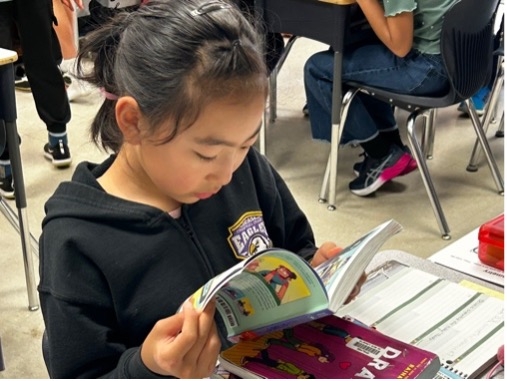Chantrell Creek Elementary 24-25
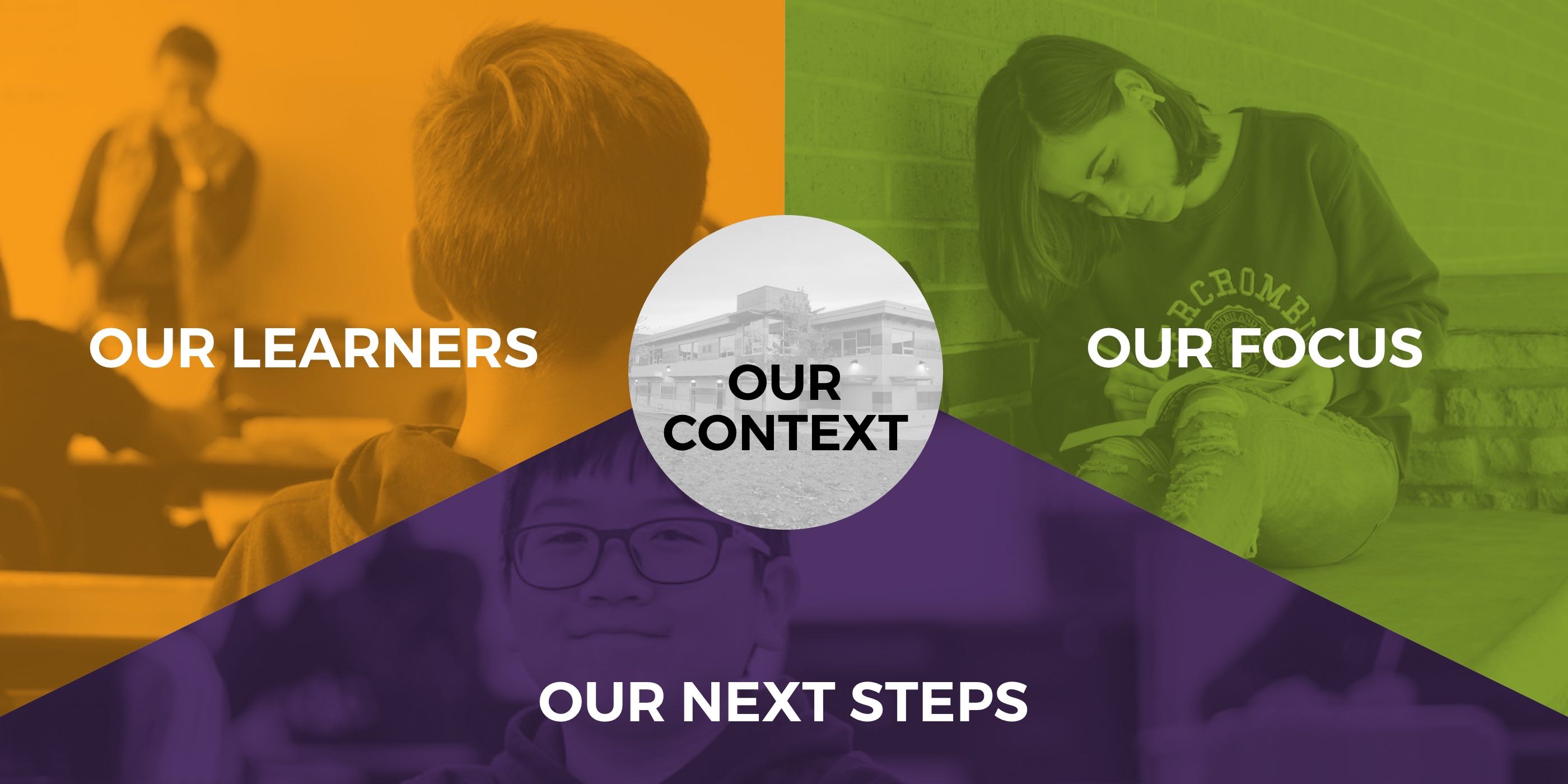

OUR CONTEXT
Our School
Welcome to Chantrell Creek Elementary, a vibrant hub of learning nestled in the heart of a diverse community in South Surrey. At Chantrell Creek, we celebrate the richness of our multicultural student population, where every voice is valued and every background embraced. Our commitment to fostering an inclusive environment sets the stage for students to thrive academically, socially, and emotionally. With a focus on Literacy, Numeracy, and Social-Emotional Learning, we empower our students with the essential tools to excel in both their academic pursuits and personal growth.

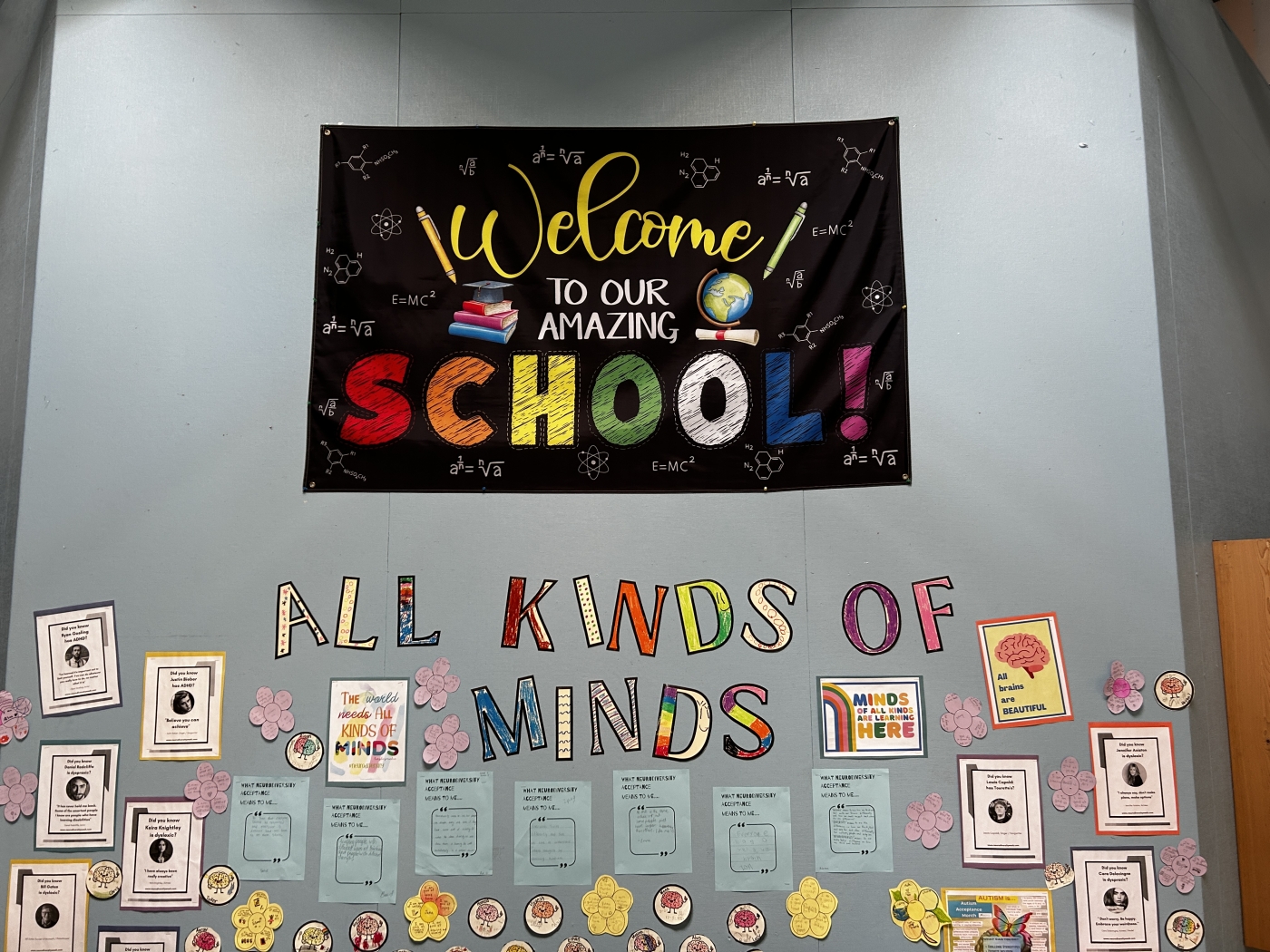
Our Learners and Our Values
At Chantrell Creek Elementary, our motto "Let your spirit soar!" sums up our school community, where we inspire and empower every student to reach for the stars. From the moment students step through our doors, they are encouraged to embrace their unique talents and passions. Whether it's through academic achievement, creative expression, athletic pursuits, or community service, there are countless opportunities for our students to soar. Our comprehensive curriculum is designed to nurture each child's individual strengths and interests, providing a foundation for lifelong learning and success. Through engaging lessons, extracurricular activities, and meaningful relationships with teachers and peers, Chantrell Creek Elementary is a place where every student's potential is recognized and celebrated.
Literacy
Literacy forms the cornerstone of academic success and lifelong learning. Proficiency in literacy not only enables students to comprehend and engage with various subjects across the curriculum but also equips them with essential communication skills vital for expressing ideas and understanding others. By fostering a strong foundation in literacy, we empower our students to become critical thinkers, effective communicators, and lifelong learners prepared to navigate the complexities of the modern world.
Students engage actively as listeners, viewers, and readers to develop an understanding of self, identity, and community.
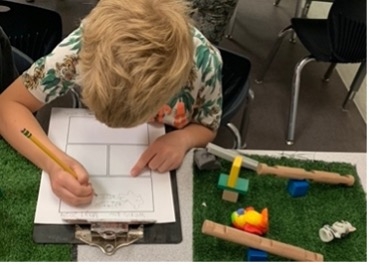
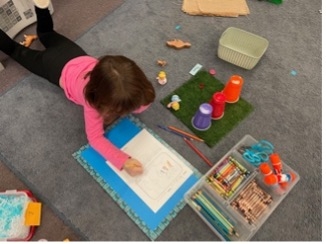
Numeracy
Numeracy is a fundamental skill that empowers students to make sense of the world around them and tackle a diverse range of challenges. At Chantrell Creek Elementary, we recognize the critical role numeracy plays in developing logical reasoning, problem-solving abilities, and decision-making skills across various subjects and real-life situations. Whether it's understanding mathematical concepts, analyzing data, or applying quantitative reasoning, proficiency in numeracy opens doors to academic achievement and empowers students to thrive in an increasingly data-driven society.
Students develop, demonstrate, and apply mathematical understanding through play, inquiry, and problem solving.
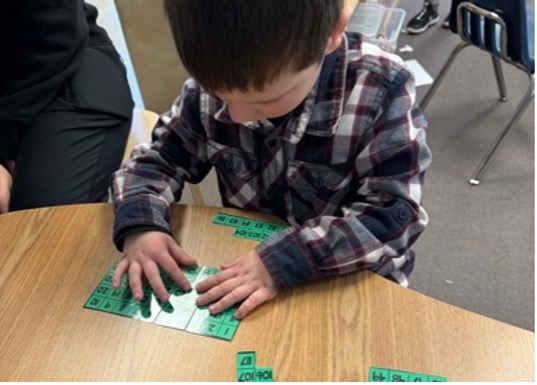
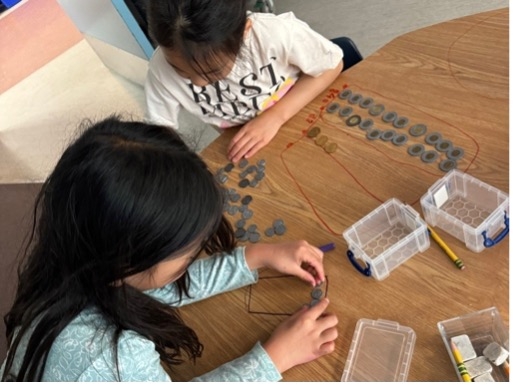
Social-Emotional Learning
Social-emotional learning is woven into the fabric of daily life, fostering empathy, resilience, and positive relationships among our students. Through dedicated programs and activities, we empower children to develop self-awareness, manage their emotions, and navigate social interactions with confidence and compassion.
Below are examples highlighting our students’ strengths as they demonstrate SEL skills in a variety of learning activities.
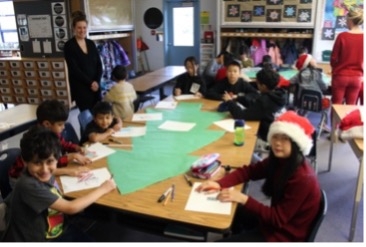
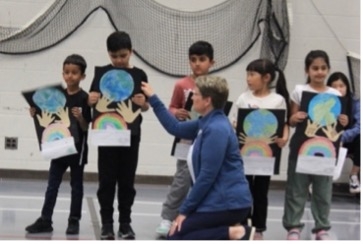
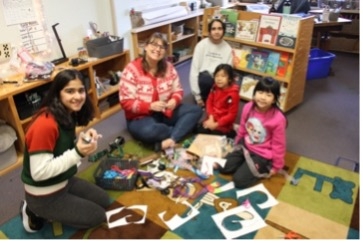
Fine Arts
Fine arts education is essential at Chantrell Creek Elementary as it fosters creativity, self-expression, and critical thinking skills among our students. Through visual arts, music, drama, and dance, students explore different modes of communication and develop a deeper understanding of themselves and the world around them. Engaging in fine arts not only cultivates a sense of cultural appreciation and empathy but also enhances cognitive abilities, including problem-solving and spatial reasoning. By integrating fine arts into our curriculum, we provide students with a holistic education that nurtures their artistic talents and fosters a lifelong love for creativity and innovation.
Students experience their chosen forms of creative expression as an important part of their identity.



Athletics
Sports and athletics play a vital role in the holistic development of students at Chantrell Creek Elementary. Participation in sports fosters teamwork, leadership skills, and resilience, instilling values of discipline and determination that translate into academic success. Through physical activity, students not only improve their physical health but also enhance their cognitive abilities, including concentration, memory, and problem-solving. Moreover, sports provide opportunities for social interaction, friendship building, and personal growth, promoting a well-rounded education that prepares students for success in all aspects of life.
Participation in sports helps develop learners that have the knowledge and skills they need to be safe, active, healthy citizens throughout their lives.

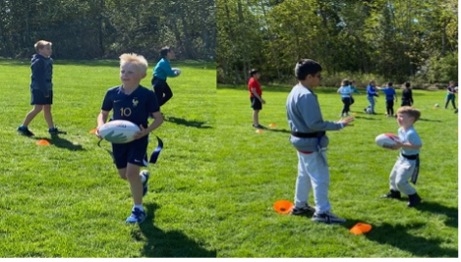
Outdoor Learning
At Chantrell Creek Elementary, we believe in the transformative power of outdoor education in enriching the learning experience. Immersing students in nature fosters curiosity, environmental stewardship, and a deeper connection to the world around them. Outdoor education encourages exploration, hands-on learning, and problem-solving in real-world contexts, promoting holistic development and fostering a sense of wonder and respect for the natural environment. By integrating outdoor education into our curriculum, we empower students to become active, engaged learners who are equipped with the skills and knowledge to thrive in an ever-changing world.
Learning is holistic, reflexive, reflective, experiential, and relational. Learning is focused on connectedness, reciprocal relationships, and a sense of place.
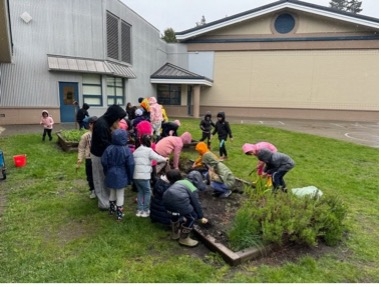
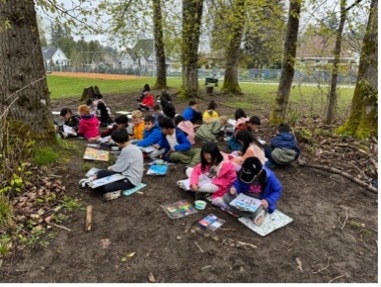
Indigenous Education
Incorporating Indigenous education into the curriculum at Chantrell Creek Elementary is essential for fostering cultural awareness, understanding, and reconciliation. By learning about Indigenous perspectives, histories, and contributions, students gain a deeper appreciation for diverse cultures and perspectives. Indigenous education promotes empathy, respect, and equity, empowering students to become responsible global citizens who contribute positively to reconciliation efforts and advocate for social justice. Through meaningful engagement with Indigenous knowledge and teachings, we cultivate a more inclusive and equitable learning environment that honours Indigenous peoples' rich heritage and strengthens community connections.
Strong communities are the result of being connected to family and community and working towards common goals. Family and community relationships can be a source of support and guidance when solving problems and making decisions.
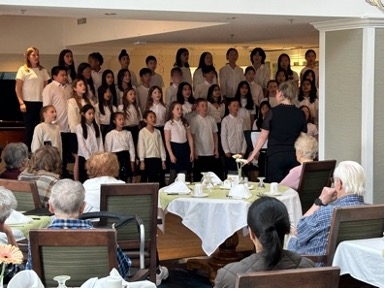
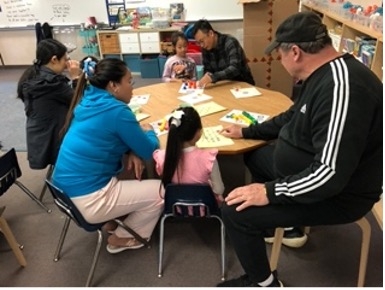
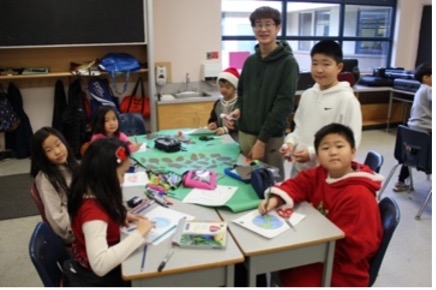
OUR LEARNERS
At Chantrell Creek Elementary, we recognize and celebrate the diversity of our learners, including our high population of English Language Learners (ELL). With a deep understanding of the unique learning needs present in our student body, we prioritize a literacy focus that is inclusive and responsive to diverse linguistic backgrounds and abilities. Through culturally responsive teaching practices, differentiated instruction, and comprehensive literacy interventions, we strive to empower all learners, including our ELL population, to achieve academic success and thrive as confident, lifelong readers and communicators.
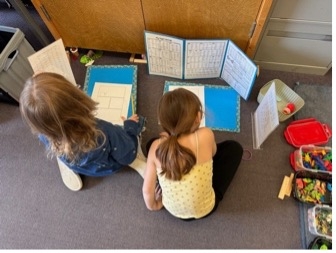
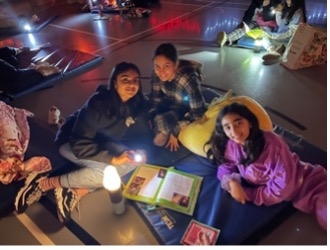
We are dedicated to nurturing literacy skills through evidence-based practices, particularly through the science of reading data. Our literacy curriculum is rooted in research-backed methodologies that focus on phonemic awareness, phonics, fluency, vocabulary, and comprehension. By analyzing reading data, we identify individual student needs and tailor instruction to support their growth and development. Through systematic and explicit instruction, guided practice, and targeted interventions, we empower students to become proficient readers who can confidently navigate a variety of texts across subjects. Our commitment to the science of reading data ensures that every student receives the support they need to unlock the joys of literacy and succeed academically and beyond.
Data about the science of reading consistently demonstrates the effectiveness of evidence-based literacy instruction methods. Research indicates that systematic and explicit teaching of phonemic awareness, phonics, fluency, vocabulary, and comprehension significantly improves reading outcomes for students of all ages and abilities. Additionally, studies show that early identification and intervention for struggling readers can prevent long-term difficulties and promote lifelong literacy success. Furthermore, the science of reading emphasizes the importance of ongoing assessment and data analysis to inform instructional decisions, ensuring that teaching strategies are responsive to students' individual needs. Overall, the data underscores the critical role of evidence-based practices in fostering strong literacy skills and empowering students to become proficient readers.
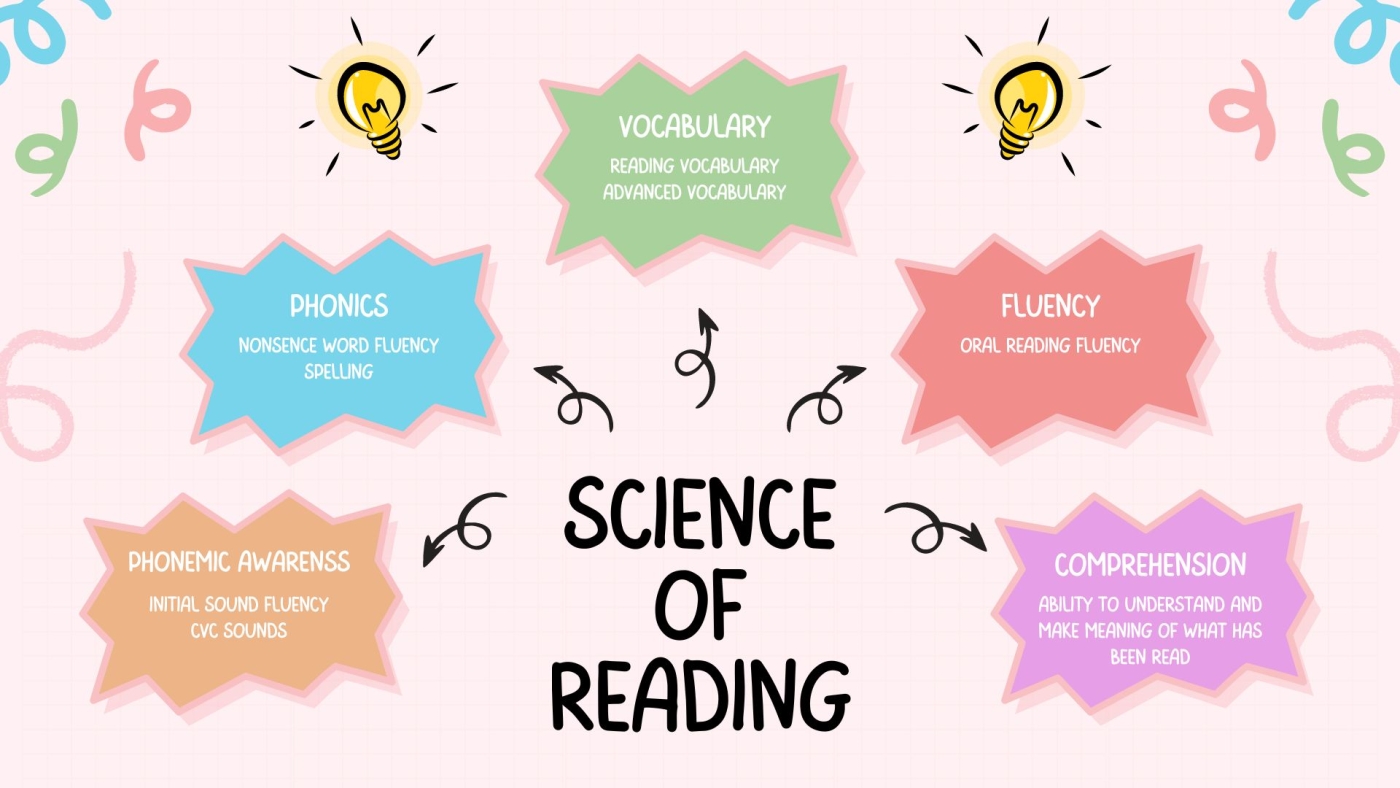
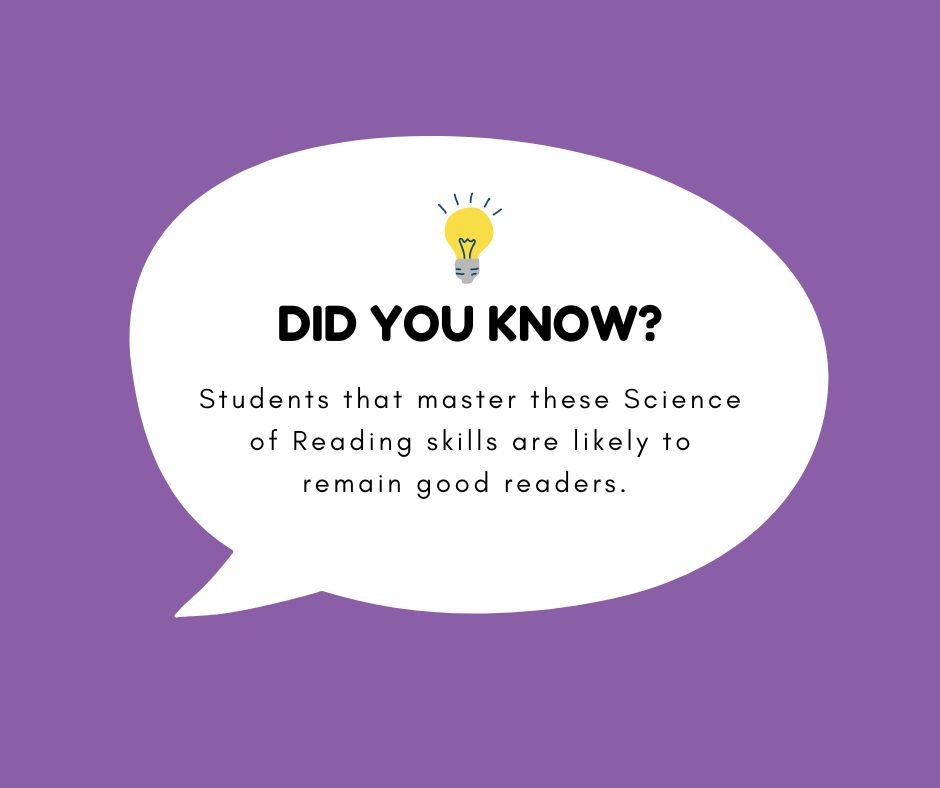
OUR FOCUS
The school’s student learning plan at Chantrell Creek Elementary prioritizes early identification and intervention for struggling readers to foster lifelong literacy success for all students. Through ongoing assessment and data analysis, we proactively identify students who may require additional support and tailor interventions to address their specific needs. By implementing evidence-based strategies, such as targeted instruction in phonemic awareness, phonics, fluency, vocabulary, and comprehension, we provide struggling readers with the tools and resources they need to succeed. Our goal is to equip every student with strong literacy skills from the outset, laying a foundation for academic achievement and lifelong learning.
In the 2023–2024 school year, our early primary teachers used up-to-date teaching resources aligned with the science of reading to support the school learning plan’s focus on literacy. These resources were carefully selected to provide evidence-based literacy instruction to our Grade 1 and 2 students. Data collected during that year clearly demonstrated increased student achievement in literacy, particularly in decoding and comprehension skills.
In the 2024–2025 school year, the second year of our literacy focus, the targeted student group was expanded to include ELL students in Grades 3 to 7. Learning support teachers implemented new curriculum resources, including decodable texts that emphasized phonics skills. These texts were designed specifically for English language learners while remaining engaging and age-appropriate for older students.
Throughout the academic year, teachers have diligently collected evidence of learning to demonstrate student growth from the beginning of the year to the spring. Through ongoing reading assessments at various points in the school year, teachers have been able to showcase how their targeted instruction in phonemic awareness, phonics, fluency, vocabulary, and comprehension has positively impacted students' literacy skills. By analyzing student progress over time, teachers have effectively demonstrated the effectiveness of their instructional practices in supporting students' development as confident and proficient readers.
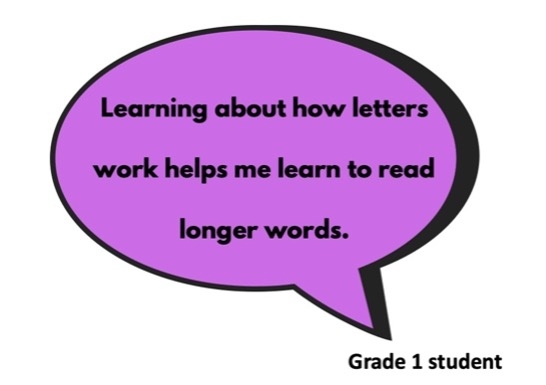
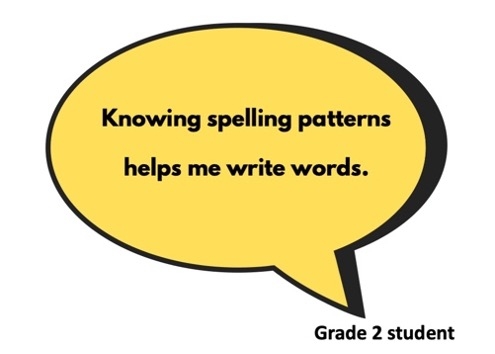
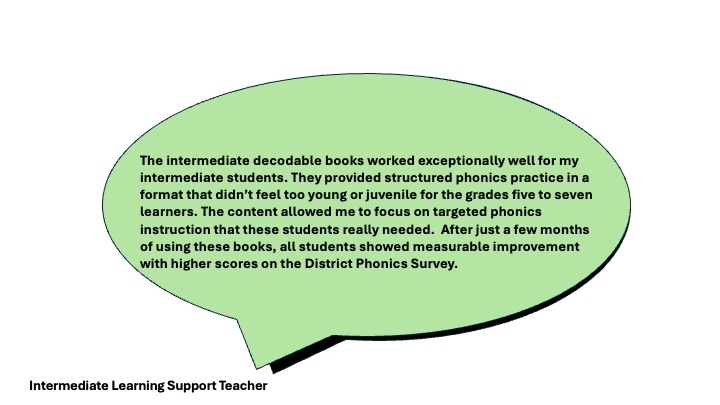
OUR NEXT STEPS
Using the Surrey Schools Phonics Survey for collecting assessment data, the data collected (see table and graph below) indicates that students' overall progress in literacy improved significantly over the year. Students in all three cohorts demonstrated an improvement in letter-sound correspondence and in reading and decoding skills. These two sets of skills are key skills for building reading comprehension. Teachers employed targeted reading strategies and interventions to support students in developing their literacy skills, addressing areas of need identified through ongoing assessment. By utilizing current and up-to-date learning resources aligned with evidence-based instructional strategies, teachers were able to provide targeted and differentiated instruction tailored to the specific needs of each student. These resources proved invaluable in supporting teachers' efforts to foster literacy growth and ensure that all students were equipped with the skills and confidence to succeed as readers and writers.
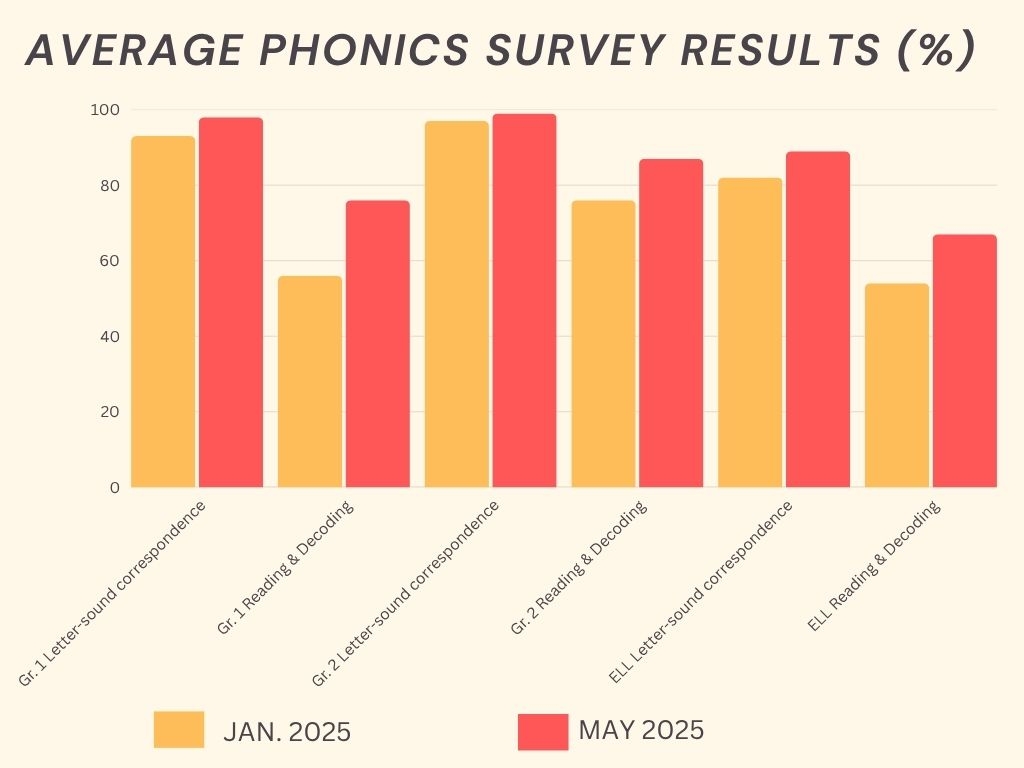
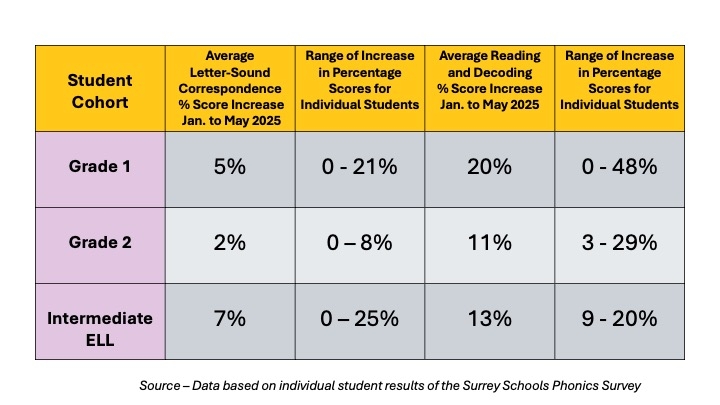
After teachers implemented focused lessons on building literacy skills through phonemic awareness, the data shows significant growth in student achievement in both letter-sound correspondence and reading and decoding. Grade 1 students demonstrated remarkable improvement, with the average increase in letter-sound correspondence scores increasing by 5 percentage points, and average increase reading and decoding scores increasing by 20 percentage points. Similarly, Grade 2 students showed impressive progress, with the average increase in letter-sound correspondence scores increasing by 2 percentage points, and average increase reading and decoding scores increasing by 11 percentage points. The results for the ELL intermediate student cohort showed growth as well, with the average increase in letter-sound correspondence scores increasing by 7 percentage points, and average increase reading and decoding scores increasing by 13 percentage points. These results highlight the effectiveness of our targeted phonemic awareness lessons and the dedicated efforts of our teachers to enhance literacy skills.
Below are some examples of evidence of learning among our Grade 1, Grade 2, and ELL students.
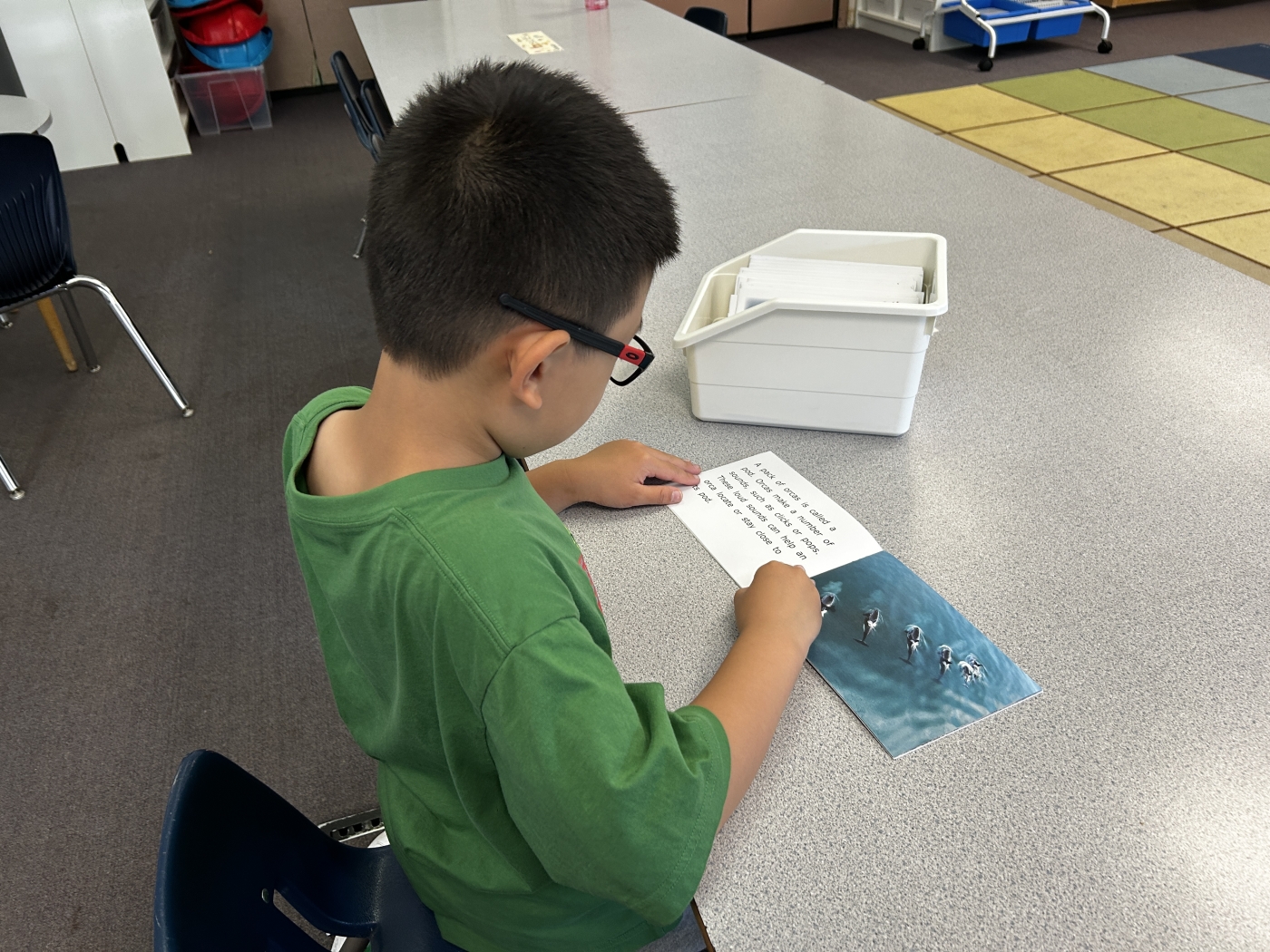
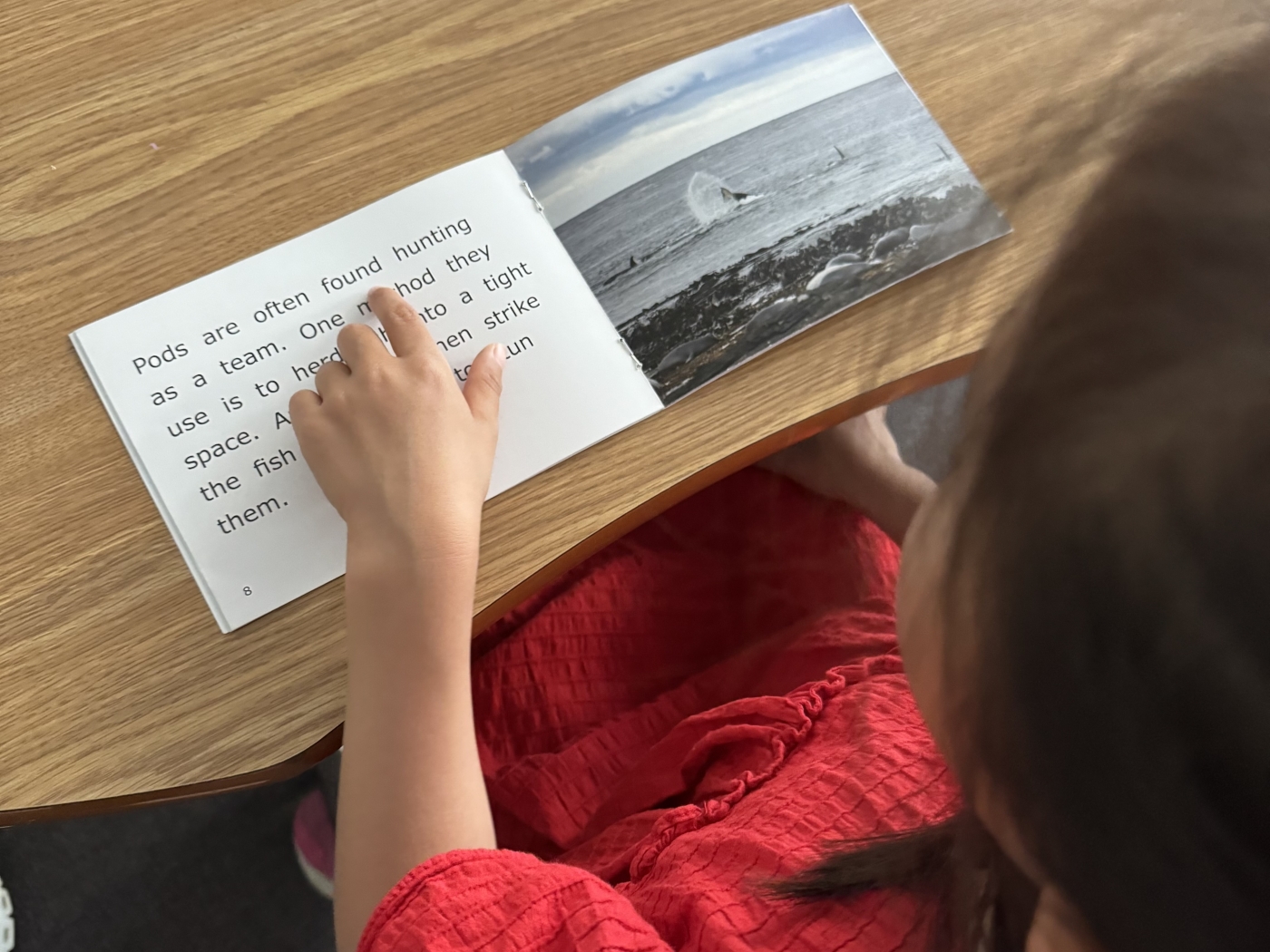
The success of employing instructional strategies and learning resources aligned with the evidence-based approach from the science of reading has resulted in marked growth in reading proficiency among our younger primary students. With an expanded focus this year to include intermediate ELL students, our evidence highlights increased student achievement not only among early primary students but also growth in reading skills for intermediate ELL learners. Through targeted instruction in phonemic awareness, phonics, fluency, vocabulary, and comprehension—coupled with ongoing assessment and data analysis—students have made significant strides in their literacy development.
The evidence of growth in student achievement in reading, collected over the past two years, indicates the positive outcomes that follow when literacy instructional strategies based on the science of reading are implemented across all grades. As teachers at Chantrell Creek continue to collaborate in their practice, we are confident that achievement gains can be made for students at every grade level.
As we conclude two successful years of focusing on literacy, our student learning plan will now shift its emphasis to numeracy for the next school year. Moving forward, we will concentrate on developing students’ problem-solving and critical thinking skills in mathematics. This next phase will involve providing students with meaningful opportunities to apply mathematical reasoning, explore multiple strategies, and engage in tasks that promote a deeper understanding of numeracy concepts. By fostering a growth mindset and building confidence in math, we aim to support all learners in becoming critical thinkers and flexible, resilient problem solvers.
